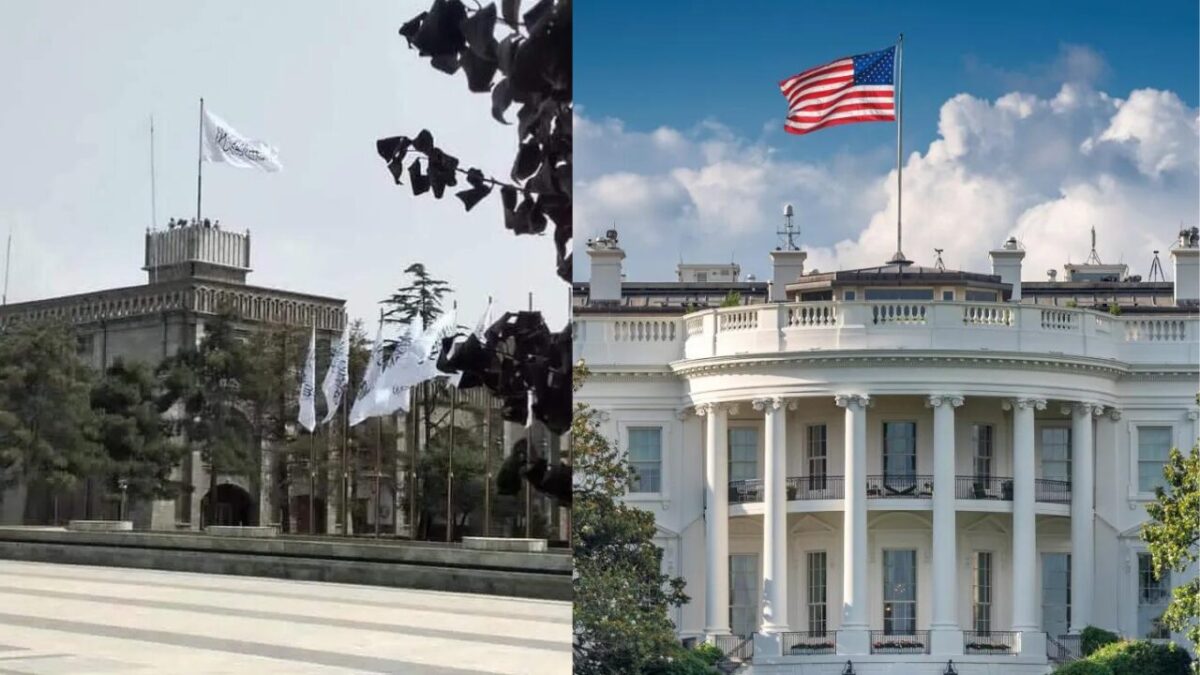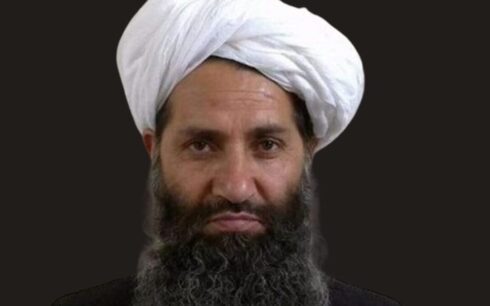Biden administration officials are debating whether to expand cooperation with the Taliban regime in Kabul to help track Daesh, NBC News reported, citing two sources familiar with the matter and a former U.S. official.
The administration and other Western governments are urgently addressing the growing threat posed by ISIS-K, according to the report.
Previously, U.S. and Western officials believed ISIS-K had the intent but not the capability to orchestrate attacks abroad. This view changed after the devastating attack at Moscow’s Crocus City Hall concert venue on March 22, which killed 130 people and injured hundreds more—the deadliest terrorist attack in Europe since 2004. ISIS-K also carried out a significant attack in Iran this year, killing dozens, with other plots disrupted in Europe.
The U.S. military’s withdrawal from Afghanistan and declining Western influence in Africa have hindered Washington’s ability to gather intelligence on ISIS offshoots.
Consequently, the administration is considering sharing more information with the Taliban about ISIS-K.
The Taliban perceives ISIS-K as a threat to its rule and has conducted several attacks against the group. However, deep distrust remains between the West and the Taliban following the 20-year war that saw U.S.-led forces combat Afghan militants, who seized power as American troops withdrew in August 2021.
“There’s an internal debate about whether to try to work more with the Taliban,” a former senior official told NBC News. Some members of Congress support the approach, arguing the U.S. should demand concessions from the Taliban in return, including ensuring more rights for Afghan women.
Some officials advocate for reopening the U.S. Embassy to facilitate greater cooperation between U.S. intelligence agencies and the Taliban regime, though Washington has not recognized the Taliban leadership as the legitimate government.
A spokesperson for the White House National Security Council stated there were no current plans to reopen the embassy but acknowledged ongoing pragmatic engagements with the Taliban through diplomats based in Doha.
“While the United States has no intention of reopening an embassy in Afghanistan at this time, we do engage pragmatically with a wide variety of Afghans, including the Taliban, through our diplomats based in Doha,” the spokesperson said in an email.
The spokesperson added that “the United States is acutely focused on terrorism and over-the-horizon threats, working both unilaterally and with our partners to disrupt and degrade ISIS-K and other terrorism-related threats around the world,” NBC News reported.





